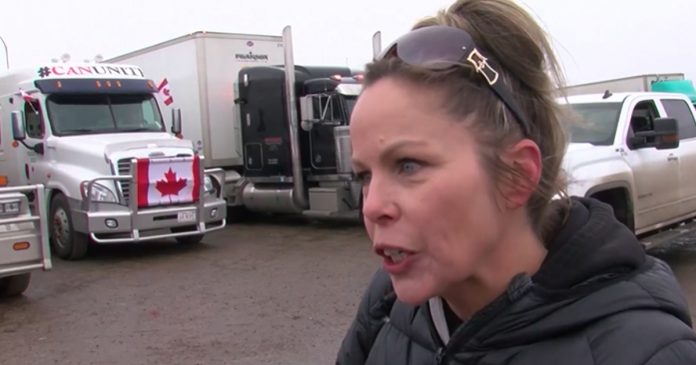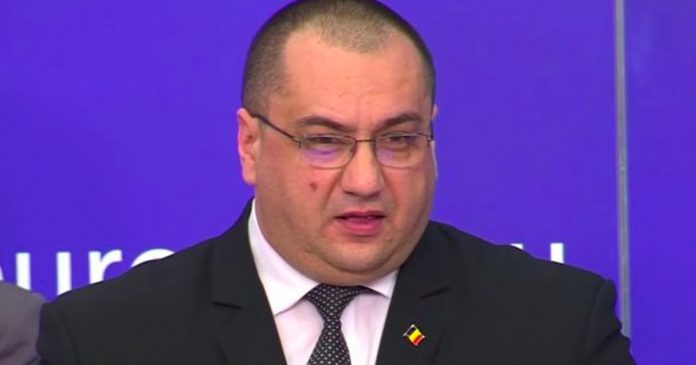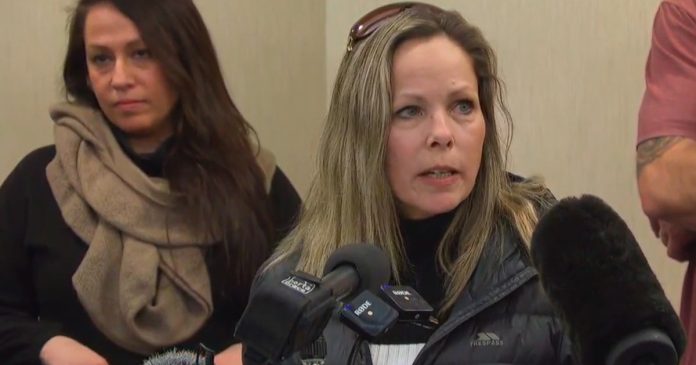Legendary stand-up comedian Mike Bullard has been to hell and back.
After more than three years of legal wrangles, a social media thrashing by a lynch mob of female journalists and repeated efforts to cancel his outspoken voice, Bullard is back on the circuit and wanting to tell his side of the story.
He says he’s playing to packed houses at his old stomping grounds, Yuk Yuk’s, and is working on a book.
“For five years I was muzzled,” says Bullard, who’s now 64. “I’m a social animal, and it nearly killed me.”
Five years ago, the comedian saw his career suddenly go into freefall — dismissed from his gig at Newstalk 1010 radio after being accused of stalking and harassing equally high-profile TV reporter Cynthia Mulligan.
It all occurred in the aftermath of what can be described as a tumultuous, on-again, off-again eight-month relationship. When Mulligan suddenly cut off all contact with Bullard in June 2016, he said he stubbornly and foolishly continued to text her (partly, he added, because he believed rumours were being spread that he was stalking her).
In the late summer of 2016, Mulligan lodged a complaint with the Toronto police, and that’s when things began to unravel for him.
He said his 83-year-old mom had a fatal heart attack after the Toronto Star’s Kevin Donovan broke the story in October of 2016.
After seeing his name trashed on social media, he also admits he tried to take his own life.
Bullard said he found himself the bullseye of three overlapping targets – of an overzealous crown attorney who seemed to want to make an example of him, of a police force under pressure to jump on any complaint involving a woman and of media interested in linking his story to the emerging #MeToo movement.
Bullard was slapped with charges of criminal harassment, obstruction of justice and breaching conditions of staying away from Mulligan.
In June of 2018, broke and unable to continue his defence, he made a deal. He pled guilty to one count of making harassing phone calls and two breaches of a court order and was given a conditional discharge with no criminal record.
At a preliminary hearing, Judge Howard Borenstein – who registered disdain for the four days spent in court on this issue – ruled that there was “nothing in any of the communications (from Bullard) which gives rise to the reasonable inference that her (Mulligan’s) safety was being threatened.”
The judge added that no reasonable jury would convict Bullard of criminal harassment.
Nonetheless, Mulligan wasted no time in having her victim impact statement posted on Facebook and Twitter by her friend TV journalist Avery Haines – a statement in which she repeated claims that Bullard abused her, and she feared for her safety.
In a transcript of a pre-interview with Chatelaine writer Sarah Boesveld for a June 2018 story, Mulligan said that the judge “didn’t get it” when he dropped the criminal harassment charge. Nor, she contended, was it his role to say she had “no reason to be afraid.”
Toronto Star columnist Heather Mallick also tweeted a series of now-deleted comments including – “This is what comic Mike Bullard did to a prominent TV journalist. Stalkers are terrifying. They are vipers. Why is this man not in jail?”
In Oct. 2018, Donovan even retracted his original claim in the Star that Bullard had stalked Mulligan at her home – two years after the story appeared and months after Bullard pled guilty. Reached recently, Donovan said he had written the story because “it was about a public figure” who “ultimately pled guilty” to three crimes.
By then, however, it had cost Bullard $1.7million in both lost income and legal costs to defend his reputation.
Bullard’s lawyer Calvin Barry has said Bullard’s only crime was “unrequited love” and being “stubborn and naive rather than criminal.”
Diana Davison, founder of the Lighthouse Project which advocates for the wrongly accused, said she feels that once the “ball got rolling, Mulligan couldn’t stop” and continued to push the narrative that she was “traumatized.”
Mulligan, now a CITY News reporter, did not acknowledge or respond to my four requests for comment over more than six weeks.
Bullard, though, is just happy to be getting back to the laughs and the resilience that led to his successful career. He describes its derailment in 2016 as an anomaly he’s glad to leave behind.
“I never felt helpless in my life until then,” he said.



























